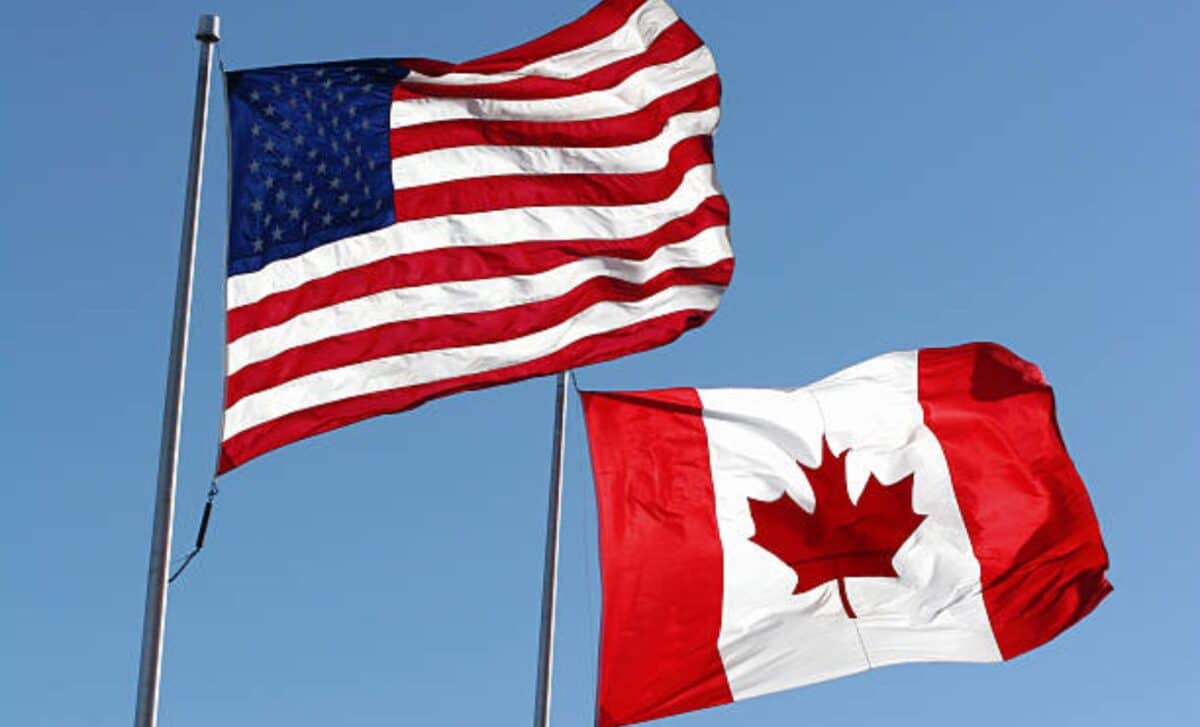Canada has announced it will impose a 25% tax on U.S. vehicles that fail to meet the standards of the continental free trade agreement (CFTA). The move comes as the Canadian government seeks to counteract the tariffs imposed by the U.S. on Canadian steel, aluminium, and vehicles, a decision which Prime Minister Mark Carney has labelled “unjustified” and “misguided.”
The announcement, made in a recent press conference, highlights the growing tensions between the two nations over trade policy. Canada’s response aims to protect domestic industries and send a clear message about its stance in this ongoing trade dispute.
A Reaction to US Tariff Impositions
The tensions between Canada and the United States have escalated in the wake of President Donald Trump’s controversial tariff impositions. While no new tariffs were introduced on Canada or Mexico this week, the U.S. has already placed significant levies on Canadian steel, aluminium, and automotive products.
These tariffs are seen by Canada as an unwarranted challenge to a long-standing trade relationship.
According to Prime Minister Carney, the tariffs placed on Canadian goods are harmful to Canadian workers and industries. “The president’s actions will reverberate here in Canada and across the world,” he stated.
In response, Canada plans to implement a 25% tax on U.S. vehicles that do not comply with the CFTA, which governs trade between the three nations. This action will not apply to automotive parts or products originating from Mexico, another key trade ally of Canada.
The decision follows Carney’s discussions with leaders from Mexico and Europe, as well as efforts to diversify Canada’s trade relationships away from the United States. As the global economy faces uncertainty, Carney’s government is looking for more “free and equitable” trade agreements that are not dependent on the U.S.
Impact on Canada’s Manufacturing Sector
The most immediate impact of the U.S. tariffs is expected to be felt in Ontario, Canada’s largest manufacturing hub.
The province, which houses a significant portion of the country’s automotive industry, faces potential job losses and supply chain disruptions. According to reports, one automotive plant in Windsor has already announced a temporary shutdown, affecting over 3,500 workers.
Ontario’s Premier, Doug Ford, has voiced strong support for the Canadian government’s stance, calling it essential to negotiate with strength rather than weakness. Ford added that the tariffs on Canadian goods were “totally unacceptable” and that Canada must show its resilience in the face of U.S. pressure.
In the context of Canada’s federal election, the tariffs have become a key issue, with the ruling Liberal Party, led by Carney, presenting itself as a defender of Canadian workers. Meanwhile, opposition leaders, including Conservative leader Pierre Poilievre, are calling for renegotiation of the trade agreements, arguing that the current tariff regime is harming Canadian families.









